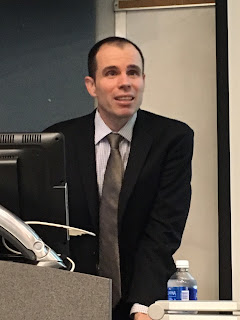What are the top priorities in infection prevention?
From a survey of European infection prevention experts, published here, the rank (top to bottom) includes microbial epidemiology/resistance, surveillance and decolonization/disinfection/antiseptics. In fourth place was organizational and behavioral change.
The list would likely be similar for North America.
I personally feel that organizational and behavioral change should be at the top of the list, under the gamut of infection prevention implementation. Although infection prevention is not a perfect science, if known, data driven risk reduction strategies are implemented reliably, consistently and to scale, this would result in a massive patient safety boon.
We need to prioritize implementation of best practices, as I have previously explored.
Anything less will fall short of our patient safety goals.
From a survey of European infection prevention experts, published here, the rank (top to bottom) includes microbial epidemiology/resistance, surveillance and decolonization/disinfection/antiseptics. In fourth place was organizational and behavioral change.
The list would likely be similar for North America.
I personally feel that organizational and behavioral change should be at the top of the list, under the gamut of infection prevention implementation. Although infection prevention is not a perfect science, if known, data driven risk reduction strategies are implemented reliably, consistently and to scale, this would result in a massive patient safety boon.
We need to prioritize implementation of best practices, as I have previously explored.
Anything less will fall short of our patient safety goals.















